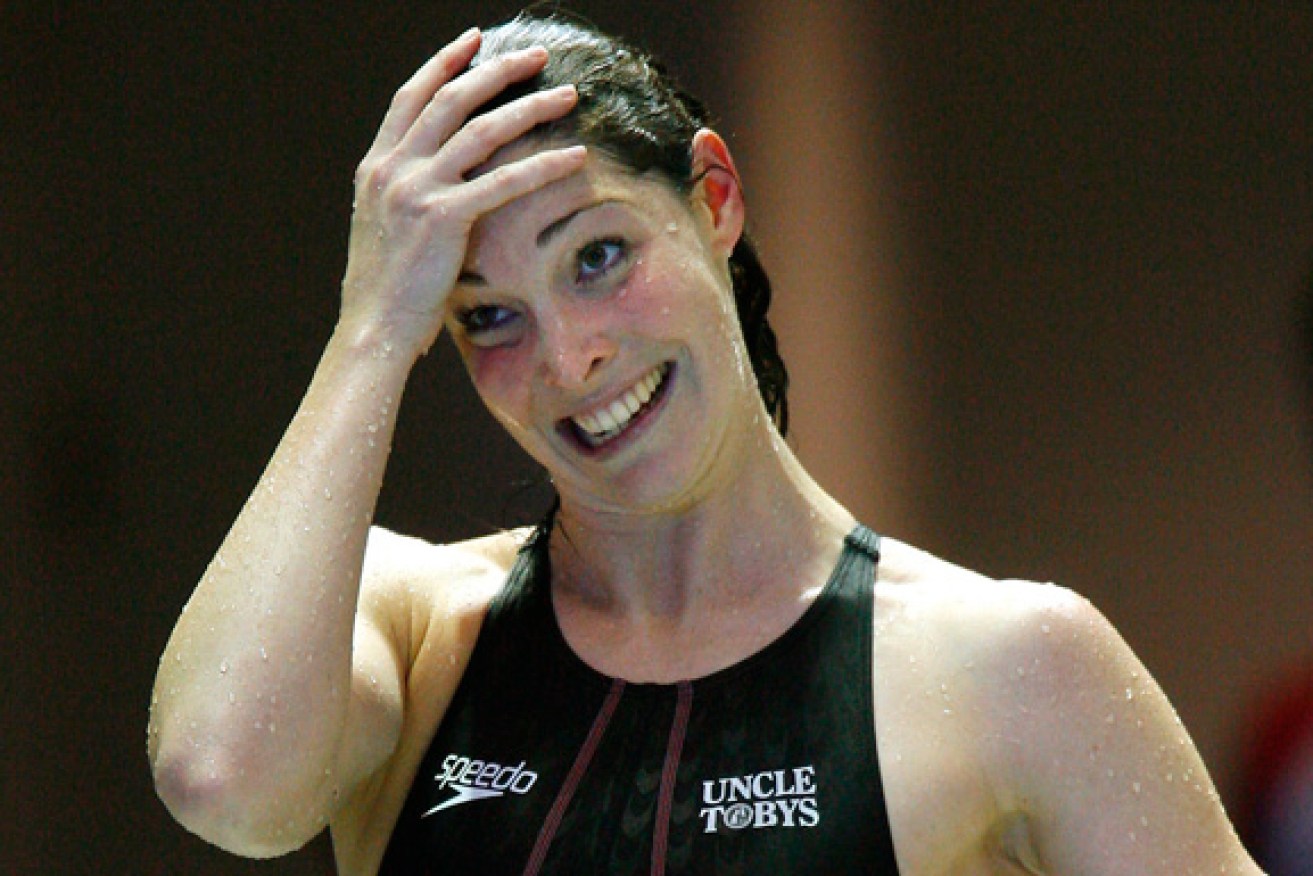Everyone must eat dramatically less sugar, the United Nations’ global health agency has urged.
The World Health Organization (WHO) has halved the maximum daily dose of sugar it recommends.
No more than five per cent of your daily energy should come from sugar, the WHO announced on Thursday.
• How you’ve been ‘tricked’ by targeted painkillers
• Aussie sport fans ‘bombarded’ by booze ads
• Ben & Jerry’s give green light to weed ice cream
Refined sugar is “hidden” in everything from soft drinks to tomato sauce, honey and fruit juice, and is a threat to health, the UN agency warned.
The new limit is the equivalent of six teaspoons of sugar a day — four teaspoons less than is contained in the average can of soft drink.
Stay away from candy floss culture

VicHealth suggests replacing sugary drinks with a fruit-and-veg water infusion.
Obesity Policy Coalition executive manager Jane Martin said Australians live in a “sugar-coated environment” where the average intake is far above the new daily limit.
“At present, we consumer far more than this,” Ms Martin said.
“It is astounding that we do not have a national strategy to deal with the burgeoning obesity problem.
“There are a lot of inexpensive and effective policies that the government could implement to reduce the sugar-coated environment in which we live – many countries are moving in this direction,” she said.
Popular swimmer says ditch the sugar
Former Olympic swimmer Giaan Rooney, public face of VicHealth’s H30 challenge, is helping Australians fight back against hidden sugar.
At the start of the year, the athlete ditched soft drinks, sport drinks and fruit juices for thirty days and “felt wonderful”, and says others should follow her lead.
“I felt wonderful at the end of the 30 days. It gave me the healthy start to the year that I wanted,” Ms Rooney told The New Daily.
“Sugar-filled drinks are one of the biggest sources of sugar in the Australian diet and a high intake of these drinks can lead to poor health outcomes,” she said.
“The first few days were the hardest, but it got easier as the days went on and it wasn’t long before it became a routine.”
The new guidelines issued by the WHO do not refer to sugars in fresh fruits, vegetables and milk, since there is no evidence they are harmful.
The five per cent recommendation, however, remains “conditional”, the WHO said, since too few studies have been carried out in populations with such low sugar intake to allow a clear comparison.









